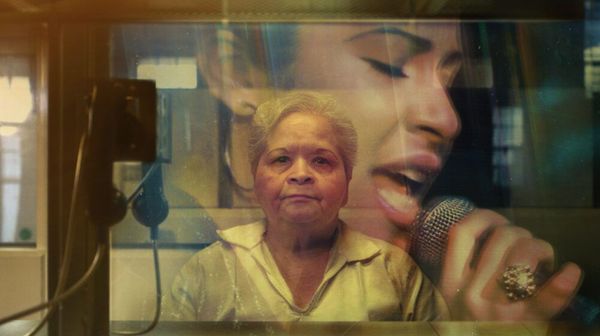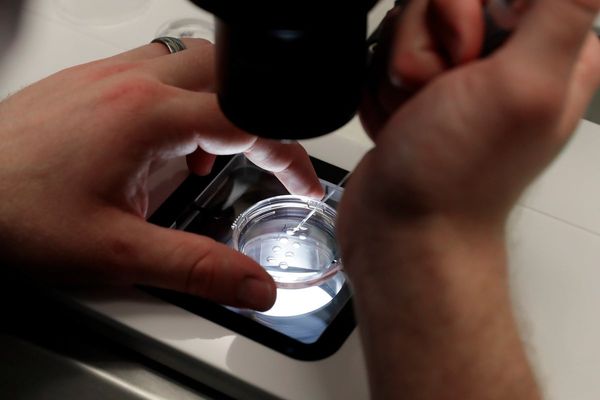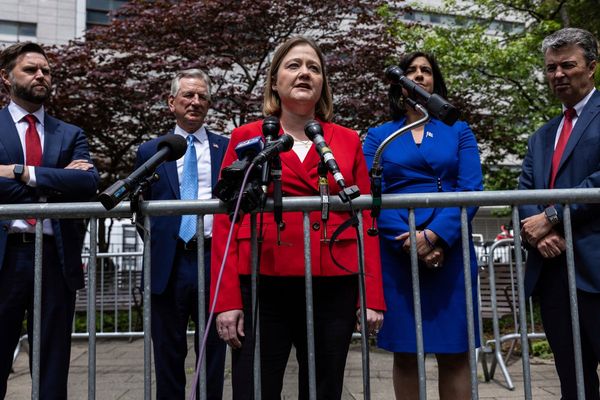
Amman (AFP) - Israeli and Palestinian officials pledged after rare talks in Jordan on Sunday to prevent more violence, which has surged this year and saw two Israelis killed in the West Bank as the meeting took place.
After "comprehensive and frank discussions" that included officials from Egypt as well as the United States, the Palestinian and Israeli sides "reaffirmed the necessity of committing to de-escalation on the ground and to prevent further violence", a joint statement in English said after the meeting in the Red Sea resort of Aqaba.
A senior Israeli official said the participants agreed on a "joint security commission" to examine cooperation and "Palestinian willingness and capacity to take responsibility for the fight against terrorism" in territories under Palestinian Authority control.
In Jordan, state broadcaster Al-Mamlaka said earlier the meeting was "the first of its kind in years between Palestinians and Israelis with regional and international participation".
With the talks underway, Israeli Prime Minister Benjamin Netanyahu and his national security minister, Itamar Ben-Gvir, said in a statement that "two Israeli civilians were killed in a Palestinian terror attack" after a shooting in Huwara in the northern West Bank, which Israeli has occupied since the 1967 Six-Day War.
An Israeli government official, requesting anonymity because they were not authorised to speak publicly about the Jordan talks, said their delegation included national security adviser Tzachi Hanegbi and Ronen Bar, head of the Shin Bet domestic security agency.
Israeli settlements
Sources with knowledge of the meeting said Palestinian intelligence chief Majed Faraj was also attending.
US National Security Council coordinator for the Middle East and North Africa Brett McGurk, as well as Jordanian and Egyptian security officials, were also there.
US National Security Adviser Jake Sullivan said in a statement after the talks that there was "much work to do over the coming weeks and months to build a stable and prosperous future for Israelis and Palestinians alike".
"Implementation will be critical," he added.
The Israeli government and the Palestinian Authority "confirmed their joint readiness and commitment to immediately work to end unilateral measures for a period of three to six months", the joint statement by participants said.
This includes an Israeli commitment "to stop discussion of any new settlement units for four months" and to not legalise any unofficial wildcat outposts for six months, it said.
The senior Israeli official said his country had insisted there would be "no changes in the decision to regularise the situation of nine settlements and to build 9,500 housing units" in the West Bank, but that "there will be no new decisions" regarding settlements in the coming months.
The joint statement said participants further agreed to pursue "confidence-building measures" to help "address outstanding issues through direct dialogue".
It said they would meet again in March.
King Abdullah II met McGurk and stressed "the importance of intensifying efforts to push for calm, de-escalation in the Palestinian territories, and stopping any unilateral measures that would destabilise stability and undermine the chances of achieving peace," a royal court statement said earlier.
Sunday's meeting came amid international concerns over intensifying unrest between Israel and the Palestinians.
Netanyahu returned to power in late December at the head of a coalition government regarded as one of the most right-wing in Israel's history.
Netanyahu has handed key West Bank powers to far-right ministers.
Palestinian opposition
News of the Palestinian leadership's decision to attend the Jordan talks drew criticism from other factions after 11 Palestinians were killed Wednesday in a gun battle when Israeli troops raided the West Bank city of Nablus.
Israel's army said the raid targeted militant suspects accused of shootings.
The death toll was the highest since the second Palestinian intifada, or uprising, ended in 2005, the year the United Nations started tracking casualties.
"The decision to take part in the Aqaba meeting despite the pain and massacres being endured by the Palestinian people comes from a desire to bring an end to the bloodshed," the ruling Fatah movement of president Mahmud Abbas had said on Twitter.
Khaled al-Batsh, a leader of the Islamic Jihad militant group in Gaza, told reporters the Palestinian Authority's talking part was "a dangerous national transgression of all national norms in light of the ongoing occupation crimes in the West Bank, Gaza and Jerusalem".
Islamist group Hamas, which controls the Gaza Strip, also rejected the PA's participation.
burs-srm/it







